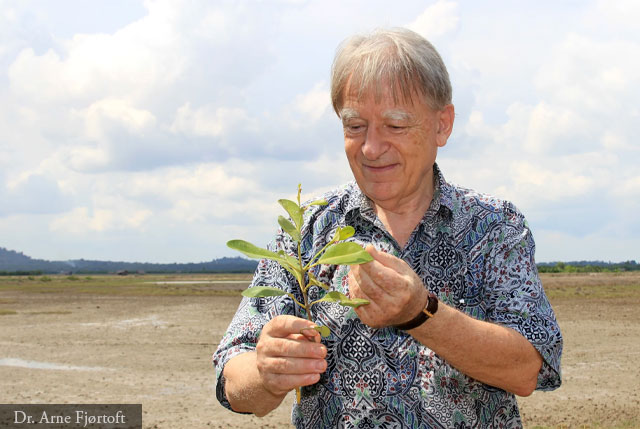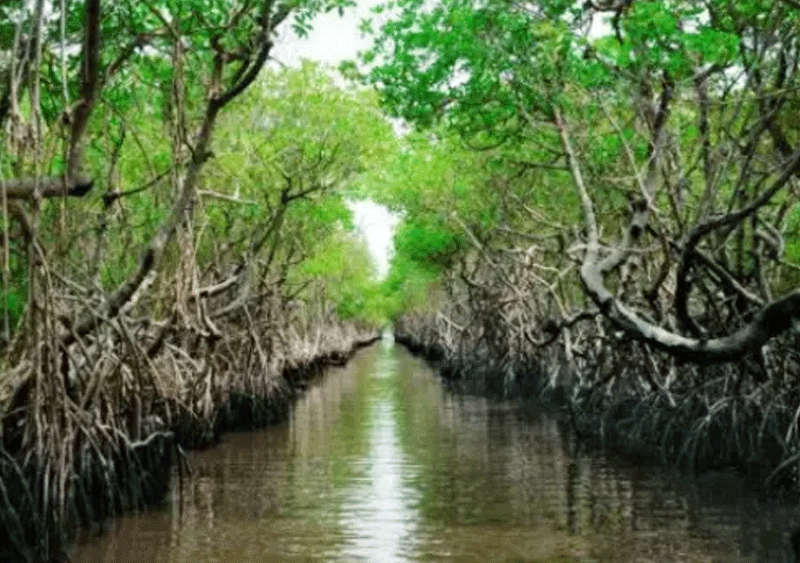The international day for the conservation of the mangrove ecosystem fell on 26 July.
UNESCO has declared this day with the aim of protecting of this especial ecosystem, with this year’s theme being on conservation and awareness.
Mangroves add beauty and variety to environment.
In Sri Lanka mangroves are spread over a 19,000 hectare river-mouth and lagoon area.
An extensive programme is underway for their conservation by the Presidential Secretariat, ministries of environment and wildlife and other institutions.
Under this, a replanting effort has already covered an 800 hectare area.
Worldview International Foundation is among the agencies that assist Sri Lanka to protect its mangroves.
A formidable challenge now to the world is climate change, a warning about which was first made by US researchers in 1965. However, it failed to catch the attention of western leaders, and no effective and positive step has been taken so far either.
Increasing emission of carbon dioxide is leading to global warming.
Attention by youths to this is minimal, but various forms of activism by Greta Thunberg in schools have made an impression to some extent.
The excessive use of fossil fuel which is easily accessible and profitable has led to climate change with the atmosphere getting filled with carbon dioxide.
World leaders have held 27 high level UN climate change summits, but nothing has changed, with small islands are increasingly in danger of getting submerged.
Environmental programmes impacted by unrealistic political promises are not the answer to this threat.
It is time for youths to fight global warming - Worldview International

General secretary of Worldview International Foundation Dr. Arne Fjørtoft says time has come for youths to give leadership to direct action to effectively minimize climate change that in turn will reduce global warming.
He urges them to pay attention to the tested and proven solutions given during millions of years by mangroves ecosystems and give leadership to their promotion.
Natural happenings in mangroves reduce toxic gases by 40 per cent annually.
Mangroves have absorbed up to 90 pc of heat generated due to climate changes in oceans. However, an increased salinity in oceans is slowing up the process now.
Wildfires caused by global warming have wreaked havoc in many parts.
Shortsighted action leading to the destruction of the environment and nature can be minimized by making use of the natural preventive ability of the mangroves.
Targets in never-achievable dreams spell doom. Simply said, a new vision with practicable solutions is the immediate need. Rather than appealing politicians to be realistic in their policies, youths should rally to restore the mangroves that provide feasible results, said Dr. Dr. Fjørtoft.
Mangroves have a superior capability to absorb carbon dioxide - five-times the ability of forests - which provide a speedy and natural solution to this crisis. Its success has been proven by the mangroves conserved by Myanmar’s environment ministry with community participation and led by Dr. Fjørtoft since 2012.
Instead of new or untested methods, planting mangroves saplings should be expanded to other parts of the world with a 90 pc plant survival rate.
The website of Worldview International Foundation provides further details on their mangroves conservation programme.





















